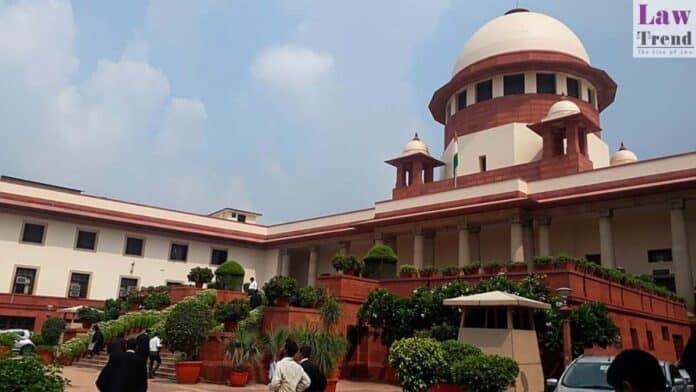In a pivotal ruling, the Supreme Court of India has clarified that government employees who retire before assuming the responsibilities of a promotional post are not entitled to retrospective promotions or financial benefits. The judgment, delivered in Government of West Bengal & Ors. v. Dr. Amal Satpathi & Ors. (Civil Appeal arising out of SLP
To Read More Please Subscribe to VIP Membership for Unlimited Access to All the Articles, Download Available Copies of Judgments/Order, Acess to Central/State Bare Acts, Advertisement Free Content, Access to More than 4000 Legal Drafts( Readymade Editable Formats of Suits, Petitions, Writs, Legal Notices, Divorce Petitions, 138 Notices, Bail Applications etc.) in Hindi and English.




